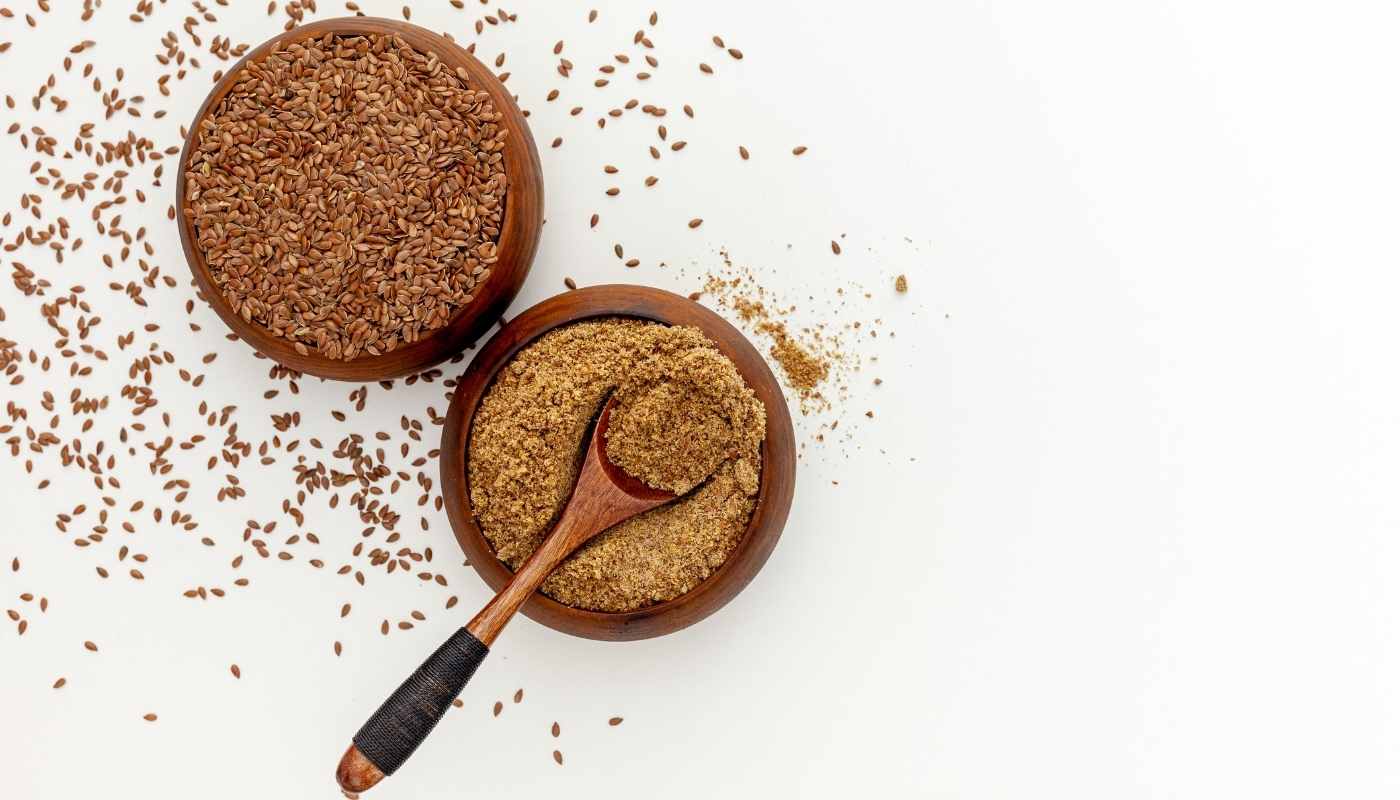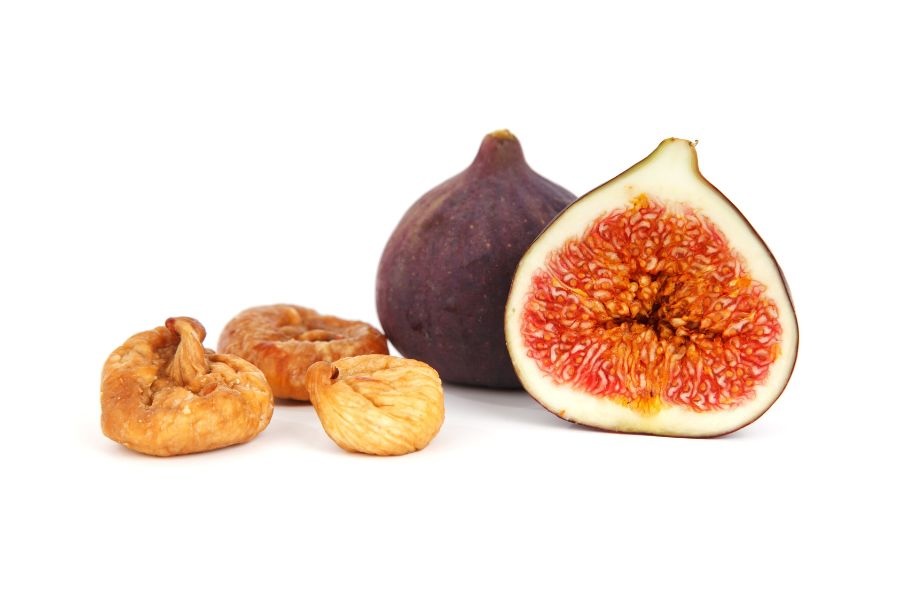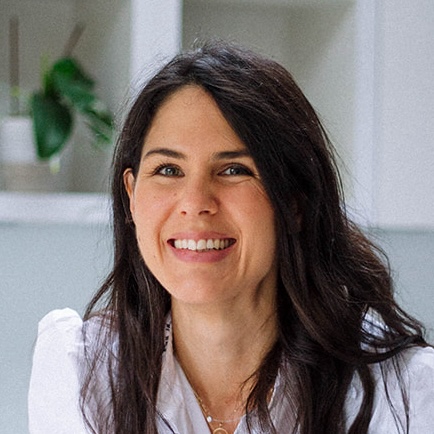AD This article contains product references
In recent years, the shift towards plant-based diets has gained lots of popularity, with many individuals embracing veganism for health-related benefits. Adopting a vegan lifestyle requires careful attention to nutrition, especially when it comes to certain macronutrients such as protein, and micronutrients such as iron and B12.
In this blog post, we’ll explore practical tips to ensure you are well equipped to maintain a healthy balanced vegan diet.
The importance of protein
Protein plays a crucial role in many physiological processes in the body, including digestion and the transport of nutrients.
Amino acids are the building blocks of proteins, and twenty different amino acids can combine in various ways to form proteins. Nine of these amino acids are considered essential, meaning the body cannot produce them on its own and must obtain them through diet.
Animal products typically contain all the essential amino acids in the right proportions, making them ‘complete’ protein sources. Many plant-based protein sources are considered ‘incomplete’ because they may be deficient in one or more essential amino acids. By combining different plant-based protein sources strategically, vegans can also meet their amino acid needs.

To support plant-based protein intake:
- Pair Legumes with Grains – Legumes (beans, lentils, chickpeas) are typically rich in lysine but may be lower in methionine. Grains (rice, quinoa, wheat) tend to be higher in methionine but lower in lysine. By combining legumes with grains in a meal, you can create a more complete amino acid profile.
- Include Nuts and Seeds – A daily sprinkling of Linwoods Milled Flaxseed (with Almonds, Brazil nuts and walnuts) can offer both lysine and methionine amino acids. Sprinkle them on your morning oats or get jazzy adding them to some homemade granola.
- Combine Vegetables with Legumes or Grains – Vegetables also contain small amounts of amino acids. Pairing them with legumes or grains can contribute to the overall amino acid profile of a meal.
There are in fact some ‘complete’ plant-based sources of protein including: quinoa, amaranth, soy products, buckwheat, hemp, and chia seeds. It’s important to note you don’t necessarily need every meal to contain all essential amino acids, as the body has a remarkable ability to store and utilise amino acids over the course of a day. So as long as your overall diet includes a variety of plant-based protein sources, you can meet your amino acid requirements on a vegan diet.

Getting enough of the right nutrients
While many plant-based foods are rich in various nutrients, vegans need to pay extra attention to sources of iron and B12, which are typically more abundant in animal products.
Iron
Iron is a vital for oxygen transport and storage, energy production, thyroid health, immunity and even cognition and learning. Plant-based sources of iron include: Lentils, beans, chickpeas, dark green leafy vegetables, dried apricots/prunes/figs, blackstrap molasses, edamame, and seeds. Two dessert spoons of Linwoods milled flaxseed provide you with approximately 10-16% of your daily requirement of iron (depending on age & gender).
Top tips for maximizing iron absorption:
Pair iron-rich foods with vitamin C-rich fruits and vegetables, e.g. berries, broccoli, peppers, or a squeeze of lemon juice. So team your overnight oats with berries and seeds for a winning iron-rich combo.
Be mindful of tea and coffee intake as the tannins in them can inhibit iron absorption.
Soaking or sprouting wholegrains and legumes can help iron absorption by reducing phytate levels (which can inhibit absorption). If you’re using grains (e.g. oats, rice, barley, etc.), dried beans, lentils, or chickpeas, soak them 8-12 hours before cooking.

Vitamin B12
Vitamin B12 plays a vital role in the formation of red blood cells, DNA replication, neurotransmitter production, nerve health and energy production. Obtaining sufficient vitamin B12 on a vegan diet can be challenging as this nutrient is primarily found in animal products.
Which foods contain B12?
Plant-based foods containing B12 include: chlorella, marmite, nutritional yeast, sea vegetables (like nori, kelp, kombu, and dulse), shiitake and lions mane mushrooms. Fortified plant-based milks and some fortified foods will also contain some amounts of B12.
Nutritional yeast is a simple and easy way of getting more B12 into the diet and can be added to pasta sauces to mimic a cheesy taste. Just one serving (of 5g) can provide the entire NHS recommended daily intake.
It’s advisable for individuals following a vegan lifestyle to ensure that they have both B12, and iron levels checked annually via a GP blood test, especially if there are noticeable symptoms such as low energy, poor cognition & memory, hair loss, tingling or pins and needles and heavy periods. Additionally, certain medicines such as proton pump inhibitors can negatively affect how much B12 your body absorbs so always ask your GP to regularly check vitamin & mineral levels.

Benefits of going plant-based
Adopting a well-planned vegan diet can offer various health benefits.
- Heart health: Vegan diets tend to be lower in saturated fats and higher in heart-healthy properties like fibre and antioxidants. Additionally, the high levels of potassium from fruits and vegetables can support blood pressure.
- Weight management: Filling your plate with a diverse range of vegetables can support satiety levels and thus weight loss or weight maintenance.
- Blood sugar control: The emphasis on whole, unprocessed plant foods can contribute to better insulin sensitivity.
- Digestive health: A vegan diet high in fibre can promote bowel regularity. Lots of diverse vegetables, beans, legumes, nuts, seeds and wholegrains can also help to support the microbiome.
It’s important to note that the key to a successful vegan lifestyle is ensuring a balanced and diverse diet, along with the focus on minimally processed foods. Diversity is incredibly important for gut health, which in turn, is imperative for the absorption of nutrients. Rotating your weekly fruits and vegetables, trying out different grain types, adding nuts and seeds and varying herbs and spices can help you well on your way to optimising your gut, in order to support absorption of nutrients. Opting for minimally processed foods in their whole form (e.g. beans) instead of ultra-processed packaged vegan foods (e.g. pre-made burgers), will mean you get to enjoy the wonderful benefits of eating more plants.
If you do experience a deficiency of either iron or B12, ensure that you work with a registered nutritional therapist or healthcare provider to find the best supplements for your needs.
Further Information
If you’re worried about making a change to your diet, always speak to your GP or contact a Registered Dietitian.
Some people seek to try out a plant based diet for events such as Veganuary, but we always advise planning nutritional needs to ensure your digestive health and wellbeing is supported.
Cara Shaw
Registered Women’s Health Nutritional Therapist & Nutrigenomics Practitioner
 Cara Shaw is a Registered Women’s Health Nutritional therapist & Nutrigenomics Practitioner with a special interest in PCOS, infertility and hormonal imbalances. Her expertise in nutritional therapy is all about uncovering the root cause of issues and diving deep into the ‘why’, in order to support an individual via both nutritional and lifestyle recommendations. She draws from personal experience to empower others.
Cara Shaw is a Registered Women’s Health Nutritional therapist & Nutrigenomics Practitioner with a special interest in PCOS, infertility and hormonal imbalances. Her expertise in nutritional therapy is all about uncovering the root cause of issues and diving deep into the ‘why’, in order to support an individual via both nutritional and lifestyle recommendations. She draws from personal experience to empower others.









